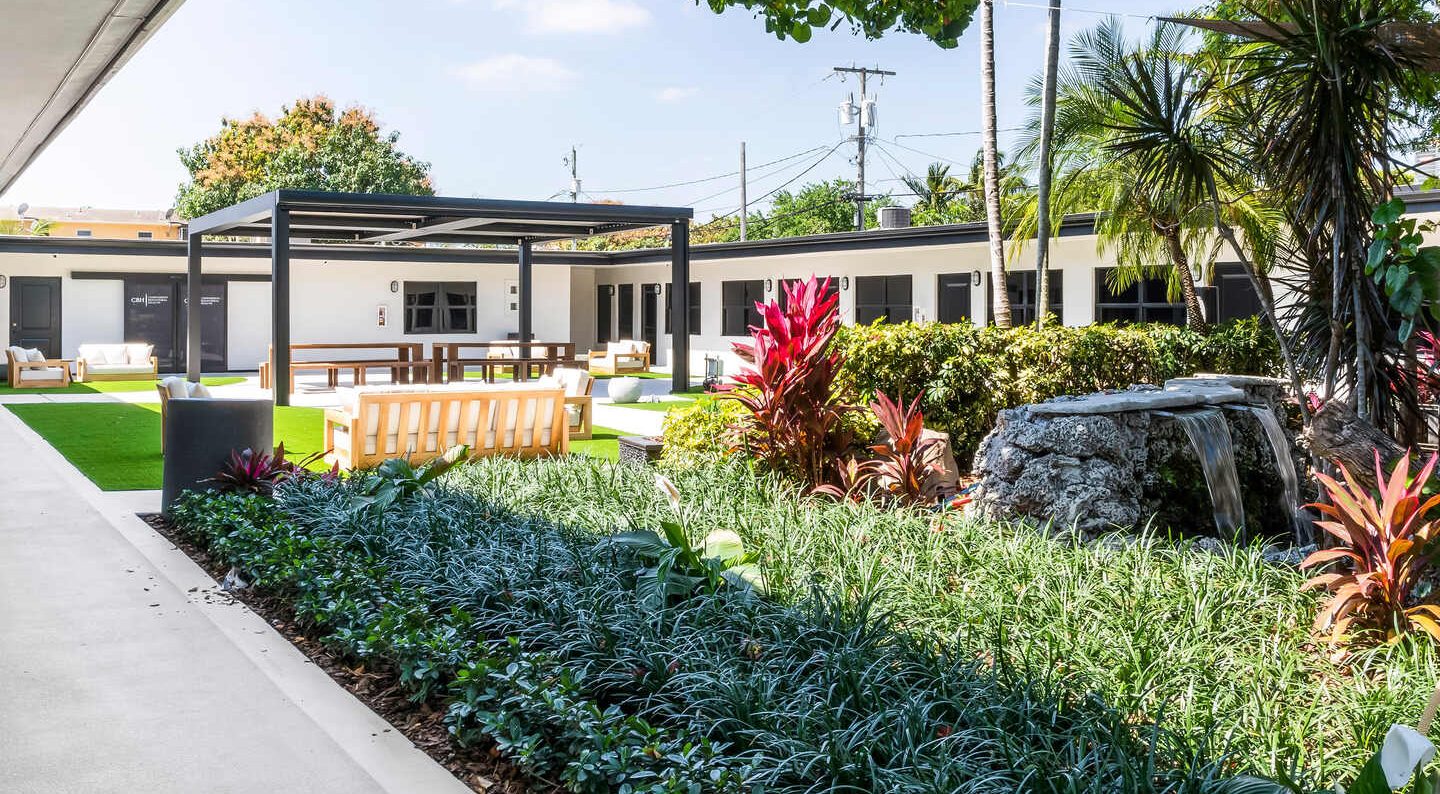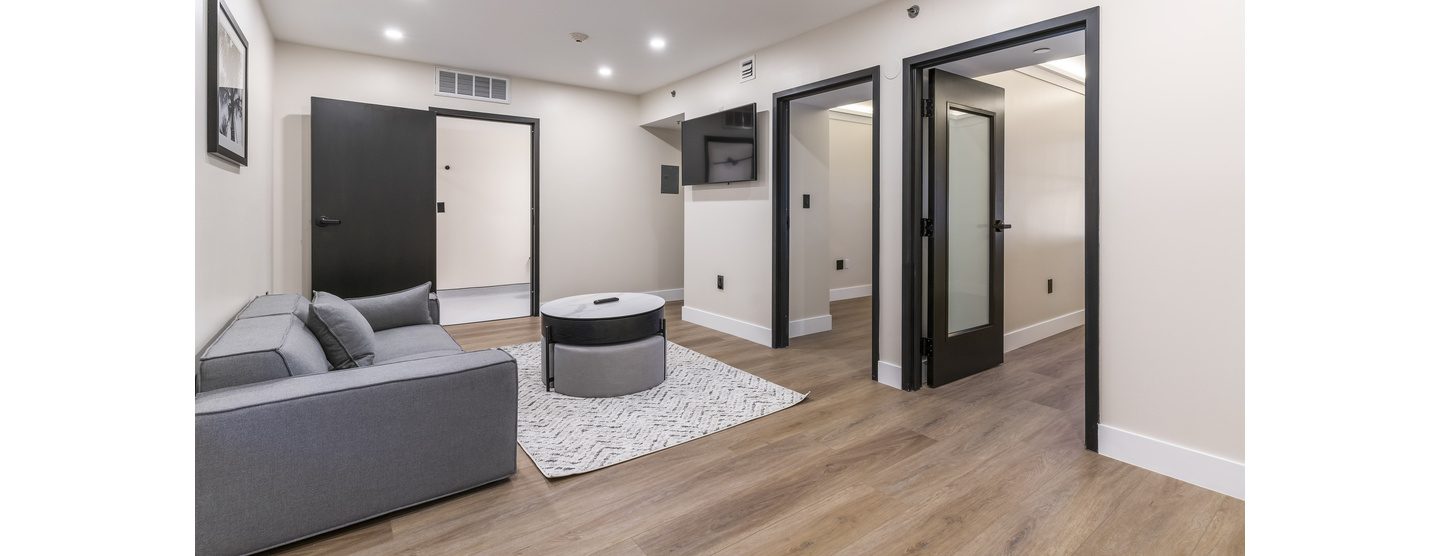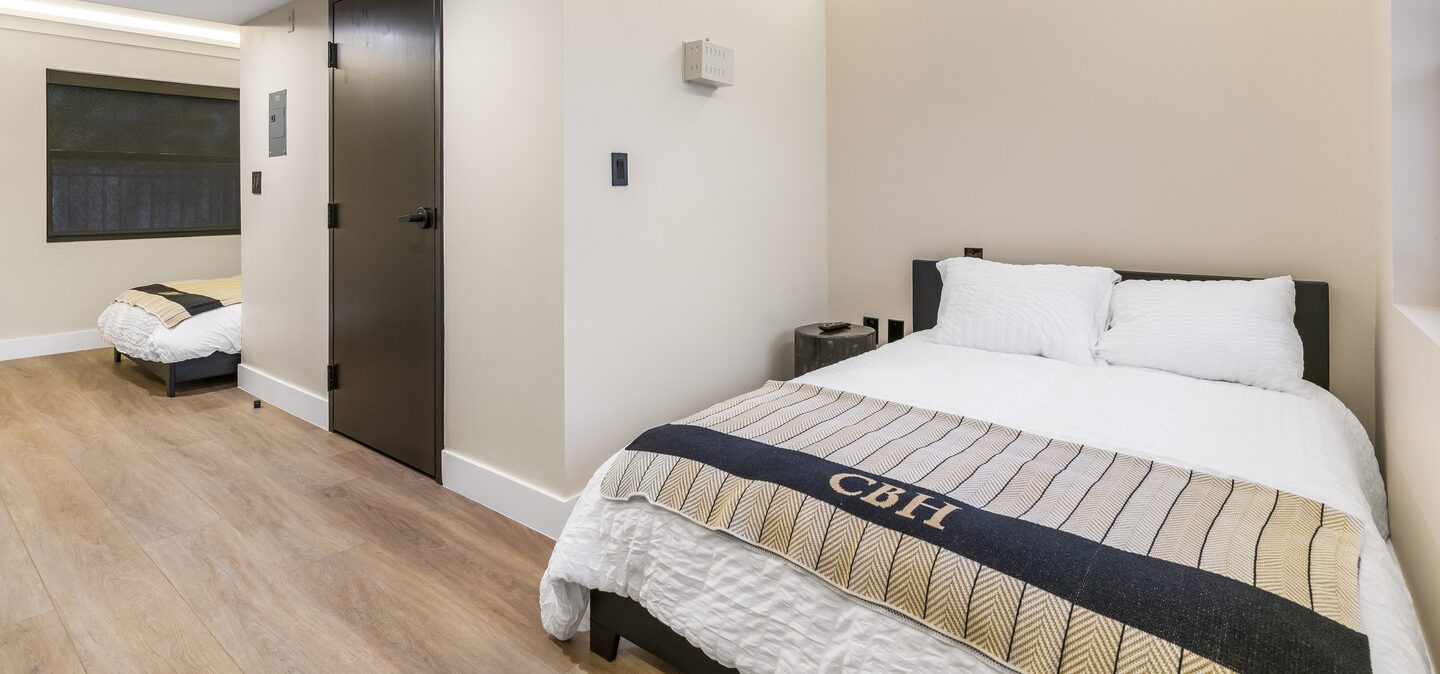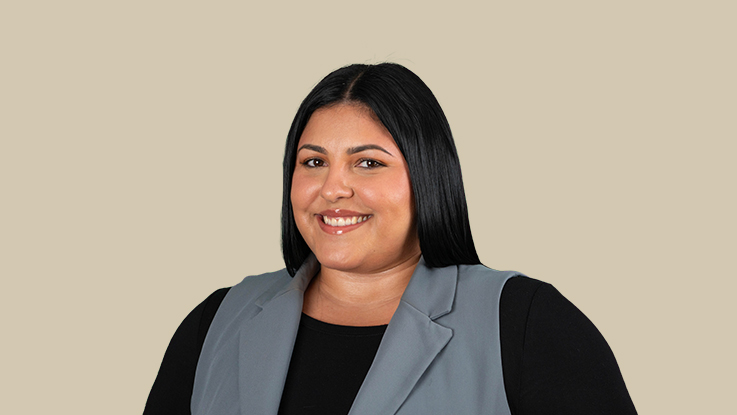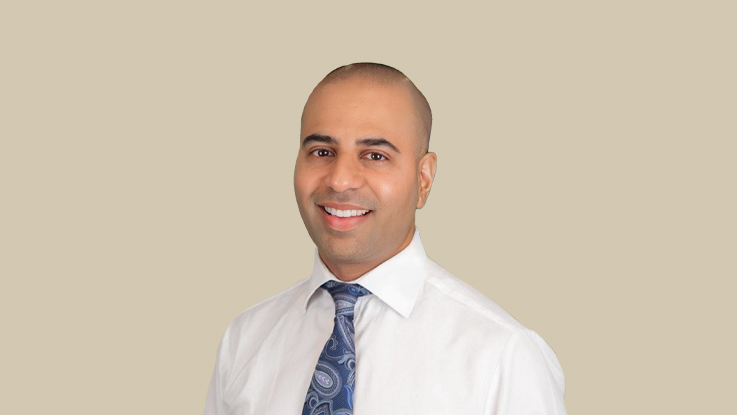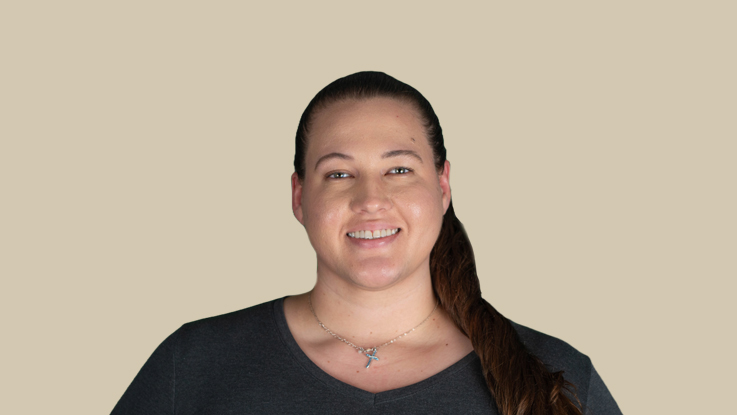Transcranial Magnetic Stimulation (TMS) is a groundbreaking treatment for mental health disorders and addiction. This non-invasive procedure uses magnetic fields to stimulate nerve cells in the brain, offering hope to individuals who have not responded to traditional treatments.
What is TMS
Transcranial Magnetic Stimulation (TMS) is a form of brain stimulation therapy that involves the use of a coil placed near the head that generates brief magnetic pulses, which pass easily and painlessly through the skull and into the brain.
The magnetic pulses generated by TMS influence the electrical activity of the brain, specifically targeting areas associated with mood regulation and addictive behaviors.
How TMS Works
TMS works by directing a magnetic field to specific parts of the brain. This magnetic field, similar in strength to that of a magnetic resonance imaging (MRI) scan, stimulates the brain cells, promoting changes in the neural circuits involved in mental health and addiction.
While the exact mechanisms of TMS are still being studied, it is believed that the treatment helps reset the brain’s abnormal electrical activity, which may be causing or contributing to mental health disorders and addiction.
Applications of TMS in Mental Health and Addiction Treatment
TMS has been approved by the Food and Drug Administration (FDA) for the treatment of major depressive disorder and obsessive-compulsive disorder (OCD). It is also being studied as a potential treatment for a variety of other conditions, including addiction.
Research suggests that TMS could be a promising treatment for individuals struggling with substance abuse, including alcohol addiction. The magnetic pulses can target the areas of the brain associated with drug craving and withdrawal symptoms, potentially reducing the urge to use and aiding in recovery.
Depression
For individuals with depression, TMS offers a new avenue for treatment, particularly for those who have not responded to traditional therapies. The magnetic pulses target the prefrontal cortex, an area of the brain that is often less active in people with depression.
By stimulating this area, TMS can help to normalize brain activity, potentially reducing symptoms of depression and improving mood. Multiple studies have shown that TMS can lead to significant improvements in depressive symptoms, with some individuals achieving full remission.
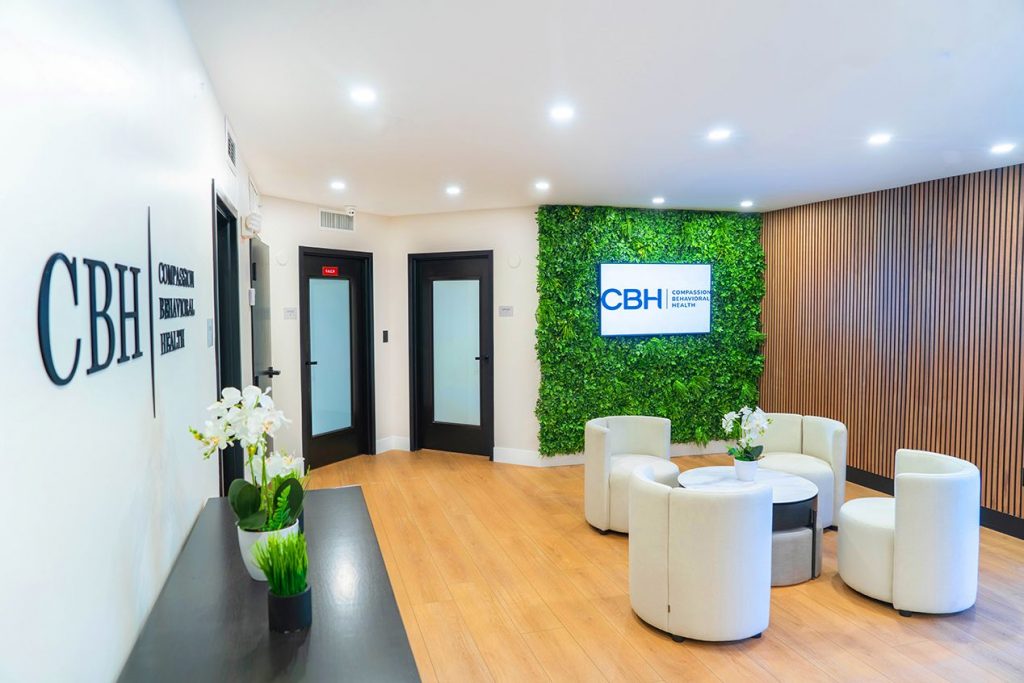
Addiction
TMS is also being explored as a treatment for addiction. The magnetic pulses can target areas of the brain associated with reward and craving, potentially reducing the desire to use substances and aiding in recovery.
While research is still ongoing, early studies suggest that TMS could be a promising tool in the fight against addiction. It may be particularly beneficial for individuals who have not responded to traditional treatments, offering a new hope for recovery.
Benefits and Potential Side Effects of TMS
TMS is a non-invasive procedure with few side effects, making it a safe option for many individuals. The treatment does not require anesthesia, and patients can resume their normal activities immediately after each session.
While TMS is generally well-tolerated, some patients may experience mild side effects, such as headache or scalp discomfort during or after the treatment. These side effects are usually temporary and can be managed with over-the-counter pain medication.
Benefits of TMS
- Non-invasive: TMS does not require surgery, anesthesia, or hospitalization.
- Effective: TMS can be effective for individuals who have not responded to traditional treatments.
- Safe: TMS has been approved by the FDA and has a good safety profile.
- Quick recovery: Patients can return to their normal activities immediately after treatment.
TMS at Compassion Behavioral Health in South Florida

TMS offers a promising alternative for treating mental health disorders and addiction. Its non-invasive nature, coupled with its effectiveness in treating conditions resistant to traditional therapies, makes it a valuable tool in the field of mental health.
If you’re seeking a new path toward mental wellness or battling addiction, let Compassion Behavioral Health illuminate your journey. Embrace the innovative approach of TMS and discover a tailored treatment plan that promises sustainable recovery.
Our expert team in South Florida is ready to support you in achieving optimal physical and mental health. Call us today and take the first step towards reclaiming your life with Compassion Behavioral Health.




